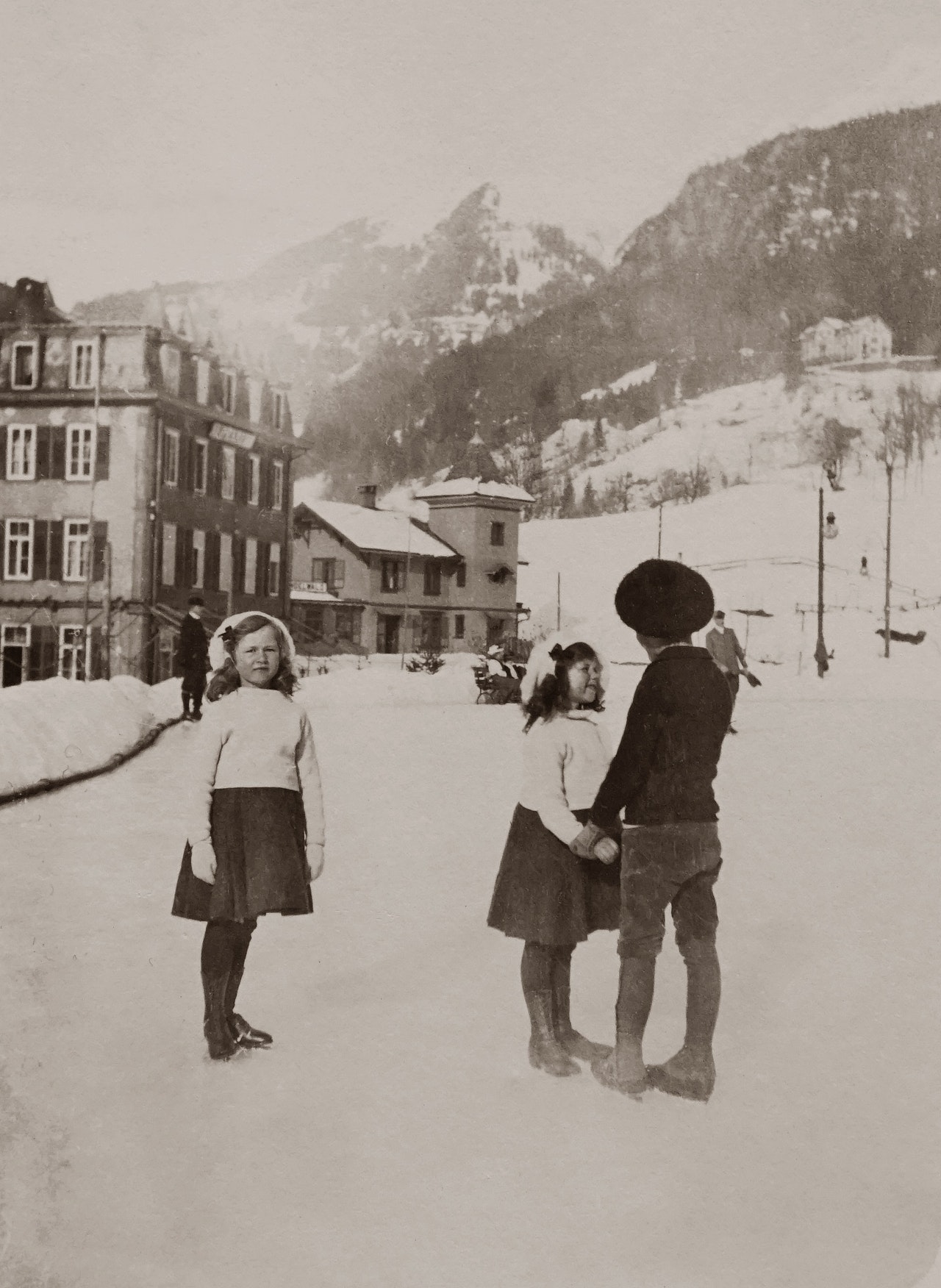I poured my heart out to my mother one evening about the tension I’d been having with a friend.
When I finished venting, she remarked, “Maybe, she’s too competitive to be someone’s friend.”
I was in my third year of high school, and I hadn’t a clue what she’d meant. I assumed she was calling my friend and I self-centered. I took offense as I often did when I was 16. I rolled my eyes and walked off. And I kicked myself for asking her help.
Yet, I sit here, 30-something years later, and look up toward heaven and say, “I get it now, Mom.”
I’ve questioned what on earth took me so long—why I disregarded this tendency, and why it is that I’m staring it directly in the face.
I’m not talking about the friendly competitive nature we see when playing diversion, motivation, or inclusion activities—nor am I referring to partaking in programs that inspire or incentivize us to strive and dream.
And no, I’m not speaking of the pangs of jealousy we each experience—the ones that move in and out of us like a fleeting emotion.
I’m referring to the competitive nature that prevents one from being genuinely happy for another’s success, even a close friend’s. The thoughts that say, “You always get more than me,” “I never have enough,” and “I deserve that instead of them, every time.”
And the behaviors attached to those thoughts, either subtle or direct, that disempower another—like withholding affection or praise, bad mouthing, and other microaggressions.
Maybe, it was my unrelenting desire for connection and camaraderie that blinded me. Or, possibly, I wanted to believe that people who say “I love you” want to share from their heart. I guess, I’ve been naive in this way.
And, perhaps, the many losses I had recently experienced finally brought it to my attention—and why I found myself feeling like I’d inadvertently moved their goal posts.
In elementary school, we’d organize twice a month to climb the ropes and test our physical fitness in PE (Physical Education). I couldn’t hold myself up on the ropes or run as fast as the other kids. I know I felt defeated at first, but as time went on, I lost interest. Still, I knew many enjoyed and looked forward to this activity.
I couldn’t wait, though, for the days when we’d spread the parachute throughout the gymnasium and raise it up. I loved to sit beneath the canopy of colors. And, sometimes, from underneath, I’d see bored and restless faces. Some ached to be outside and play. While others were thirsty to win, win, and win.
But our teacher had us engage in a variety of activities—both aggressive and nonaggressive. He taught us that there is a balance to be found between both states of being.
Competition, we learned was fun and healthy. But we realized that too much of anything wasn’t ideal—and an abundance of competition created an unfriendly environment.
Waking up to find myself within the fray felt as if I’d gotten to the point in the movie I was told to skip. The part I didn’t intend to watch, yet I was meant to see.
And I have come to recognize this intense quality in others as impersonal—something unfulfilled within them. But still, I know there is no place for it within a friendship.
I’m clear that a friend wouldn’t ask a friend to dim their light or hide their achievements. They wouldn’t expect them to manage another’s uneasiness against personal joy—nor would they want a friend to fear the loss of their affections, or their wrath.
A friend is someone who shows up in love and reciprocity—not as a foe. Ever.
We can still care for a highly competitive person. They can play other less important roles in our lives. But we mustn’t confuse them for a friend. It may very well be, they are too competitive to be a friend.
(Thanks, Mom.)
~


 Share on bsky
Share on bsky





Read 7 comments and reply